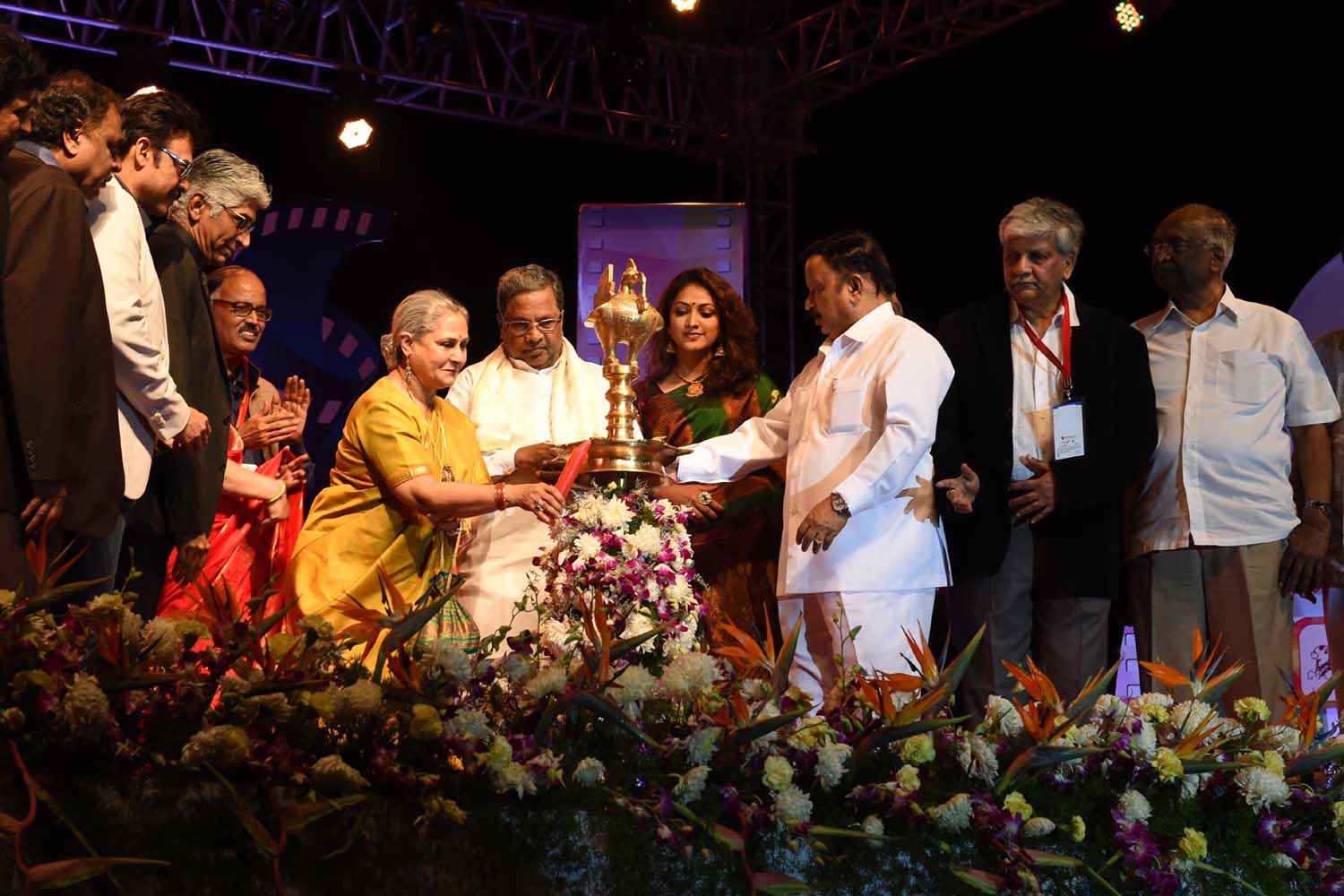
Dear friends and colleagues,
Namaste!
My heartiest congratulations to the ORF for holding the 10th Raisina Dialogue. Over the years, this esteemed forum has brought together people from various domains, to discuss the pressing issues, to find a way forward with consensus-based solutions, both innovative and practical.
It is my pleasure to address this Dialogue and share my perspectives on climate change, sustainable development and international cooperation- a theme that holds special relevance in the world today.
Friends,
Ten years ago, 196 parties convened to adopt the UN Paris Agreement, with an overarching goal to hold the increase in global average temperature to well below 2 degree celsius above pre-industrial levels and, ten years down the line, the world has undergone tremendous changes, conflicts and black swan events that have challenged our resilience.
Amidst all this, silently, and sometimes not so silently, climate change continues to be an existential threat to our living planet.
Currently, ‘international cooperation’ is becoming an increasingly tough nut to crack. Discussions on climate change and climate action have taken a backseat due to evolving complex geopolitical equations.
However, we are no more in times where traditional and non-traditional security challenges can be straight-jacketed into compartments. The 2019 IPCC Special Report “Climate Change and Land” says that extreme weather and climate or slow-onset events may lead to increased displacement, disrupted food chains, threatened livelihoods, and could contribute to exacerbated stresses for conflict.
Friends,
Under the visionary leadership of Prime Minister Modi, India is moving forward with a very clear roadmap for climate change, environmental protection and a green future. We have set ambitious targets to achieve net-zero emissions by 2070 and have also committed to achieving 50 percent of its total energy capacity from renewables by 2030.
I’m happy to say that India was the first G20 country to meet its Paris commitments, which was possible due to a number of initiatives implemented at the national level.
India’s policies are directed towards sustainable development and poverty eradication, and we continue to strive to de-couple emissions from growth.
Our efforts towards achieving energy efficiency across the economy has helped to reduce India’s emission intensity of Gross Domestic Product (GDP) by 36% between 2005 and 2020.
As the world faces the escalating impacts of climate change, the need for clean, sustainable energy solutions has never been more urgent. Transitioning to clean energy—derived from renewable sources such as solar, wind, and hydropower—has become a global imperative.
One of our hallmark achievements has been the launch of the Solar Parks and Ultra Mega Solar Power Projects since 2014, a game-changing initiative that has propelled India to become the world’s 4th largest solar power producer and 4th in total renewable energy capacity.
We have also made green transition a people’s movement. Approximately 10 million families have registered for the world’s biggest solar rooftop program.
India is also committed to become global leader in hydrogen production through ‘National Green Hydrogen Mission’. Multiple initiatives aimed at promoting electric vehicles are also being implemented.
With the principles of sustainability now embedded in every developmental initiative, our focus is also towards equitable access. In this direction too, India has made good progress. Green technologies and innovative models helped us to achieve nearly hundred percent electrification in 2019.
Securing finance continues to remain one of the biggest challenges for global climate action. The current financing needs runs in trillions of dollars, and private investment remains limited. To enhance capital availability for climate adaptation and mitigation, India is developing a climate finance taxonomy, which will support the country’s climate commitments and green transition programs.
I would further like to highlight that integrating climate resilience into development pathways is crucial for sustainable macroeconomic management. As per India’s first Adaptation Communication submitted to the UNFCCC, our adaptation relevant expenditure rose from 3.7% of GDP in 2015-16 to 5.6% in 2021-22.
This reflects our priority to integrate adaptation and climate resilience into outcome oriented policies and measures. Moving forward, India is developing its National Adaptation Plan (NAP), a strategic vision that will integrate climate adaptation into all aspects of our governance, planning and budgets.
Friends,
Climate change is a phenomenon that transcends national boundaries. India strongly believes that the only way to generate enduring positive actions in this domain is through partnerships and collective global action.
We have been at the forefront of supporting action-oriented steps at the global level in response to climate change.
India’s contribution to climate action has been significant through its international efforts such as International Solar Alliance (ISA), One Sun One World One Grid, Coalition for Disaster Resilient Infrastructure (CDRI), the Big Cat Alliance, Creation of Lead IT, Infrastructure for Resilient Island States (IRIS), the Global Biofuel Alliance launched during India’s G20 Presidency, and the Green Development Pact.
With strategic investments in green hydrogen, electric vehicles, solar rooftops and energy storage systems, India is not only advancing its own energy transformation but also playing a pivotal role in the global shift towards a cleaner, and greener future.
Friends,
India’s per capita carbon footprint is 60 percent less than the global average. This is mainly because our lifestyle is still rooted in sustainable traditional practices.
At COP26 in Glasgow, Prime Minister Modi proposed Mission Life: ‘Lifestyle For Environment’. This is an outreach on our part to make environment conscious lifestyle a global mass movement.
Friends,
We strongly believe that the road to fighting climate change is through climate justice. Following the principles of Common but Differentiated Responsibilities, our climate change discussions should be convergent with the Global South’s growth trajectories aimed at fulfilling the primary needs of sustainable development and poverty eradication.
I firmly believe that environmental action must not be limited to policies and efforts of the government alone – it must be personal choice and priority. A simple act of planting a tree is a pledge for a sustainable future. “Ek Ped Maa Ke Naam” is an initiative of our Prime Minister. It embodies this spirit, encouraging every individual to dedicate a tree in honor of their mother, reinforcing the connection between nature, sustainability, and gratitude.
Friends,
Climate change is a long-term problem. It is here to stay, and we are facing the consequences. Climate action must happen simultaneously while addressing other immediate concerns countries are facing today. We need to put aside geopolitical differences and to come together for a green and sustainable future, a legacy that we can hand over to our future generations
Credits : Ministry of External Affairs [ Govt of India ]




Leave a Reply